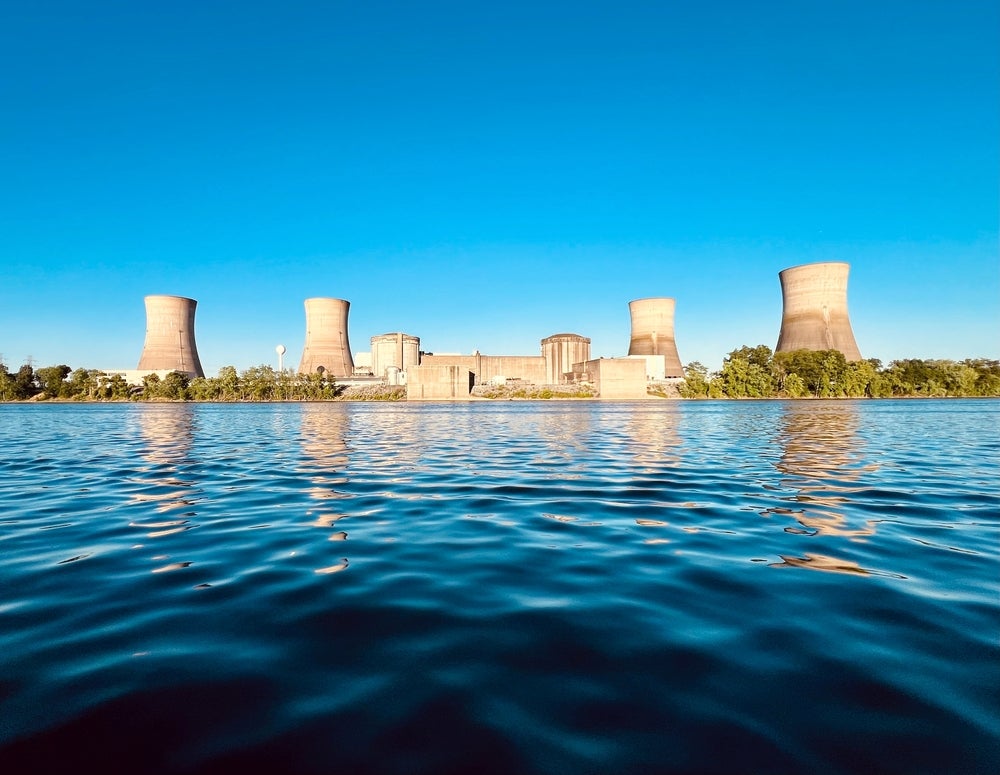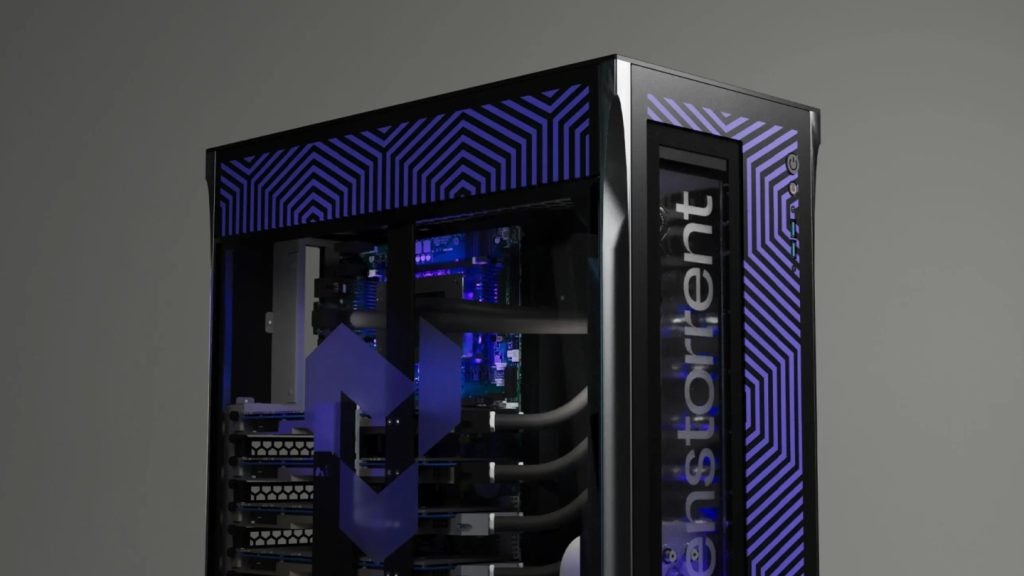The booming market for AI has resulted in an explosion of data centre construction and planning, placing a focus on power.
Not computing power, but rather electric power that operates gargantuan data centres required to run AI. Power grids in most countries are already stressed. In many developed nations, the addition of electric vehicles concurrent with the shut down of older coal and nuclear plants has exacerbated the issue. New power plants are slow to come online and green sources like wind and solar have not reached their potential yet. It’s a very real and public problem.
Recommissioning nuclear power stations
Investors have begun looking at recommissioning nuclear power stations previously shut down but still not dismantled. The first one of these under consideration lies at the heart of a deal between Microsoft and Constellation Energy, the owner of the Three Mile Island Nuclear Generating Station (TMI) near Harrisburg, Pennsylvania. Yes, that Three Mile Island, home of the worst nuclear energy accident in United States history.
In 1979, the Unit 2 reactor malfunctioned resulting in a release of radioactive iodine and gasses, as well as a partial meltdown of the reactor. Unit 2 was decommissioned, and all radioactive debris and material were removed. The site sits in long term monitoring. The Unit 1 reactor at TMI had been down for refuelling at the time of the accident.
Despite considerable opposition from the local public, it was reactivated in 1985. It ran until 2019, when it was shut down because the expense of operating the plant was too high – alternative energy and cheap natural gas power generation made TMI Unit 1 unprofitable.
It is licensed to run until 2034 and Constellation intends to ask for another 20-year extension. Microsoft will be the sole consumer of electricity from TMI Unit 1 if the planned reactivation goes through.
The problems at TMI lead to significant changes in nuclear reactor safety and design.
It’s a creative way to address energy concerns as well as take advantage of existing infrastructure that would otherwise be dismantled over a period of decades. Considering the accident at Three Mile Island and the nuclear disaster at Fukushima, Japan in 2011, there is understandable concern about recommissioning TMI. There are also ongoing concerns about the disposal of nuclear waste. But creativity is also needed to address energy concerns.
Power hungry data centres
Another concern that isn’t often talked about is how the AI industry will progress. Currently, AI requires specialised silicon, and immense and densely packed data centres to run. In time, advances in software techniques and hardware will reduce the power needs of AI – the real question is how much.
The joining of the nuclear industry and the information technology industry symbolised by Constellation and Microsoft is a mismatch. Information technology runs on short life-cycles – 3-5 years in general, maybe on the outside 10 years.
Nuclear power plants are assets that have lifespans that deal in decades. If the need power for AI drops considerably, what will happen to these investments in old nuclear plants?
The unthinkable question: Is AI worth the hassle?
Another consideration from a larger big-picture standpoint begs the question: is AI worth it?
There are applications of AI that are no doubt entirely worthwhile especially in the sciences as well as some other good applications. AI is worthwhile, but does its use need to be completely unrestrained, especially when our need for power is growing ever greater?
Things like natural language interfaces for customer service are nice to have. Image generation and text generation are nice. But are they necessary? Is AI’s ability to save businesses money worth it to anyone but the company saving money? Or should applications that don’t have a wider impact be reserved for when we have come to greater grips with our energy generation crisis?
When added to the worries about the societal impact of AI, maybe pumping the brakes and slowing down AI implementation is something needed as a society, even if its ponderous to business and investors.









